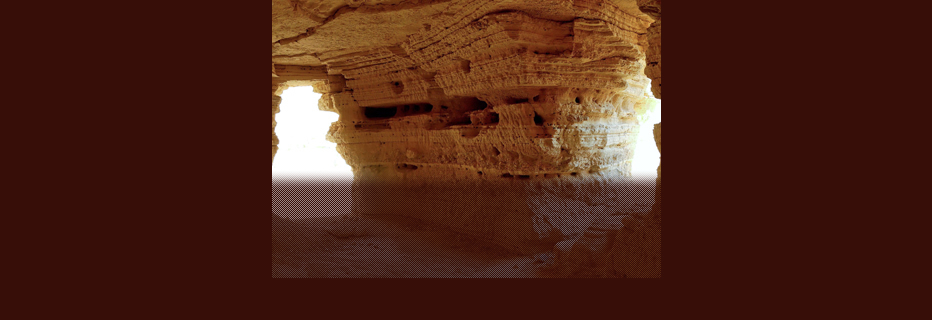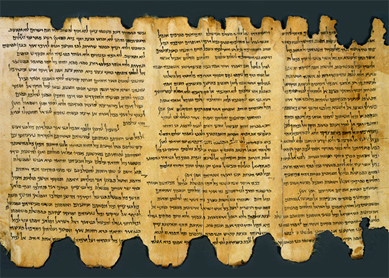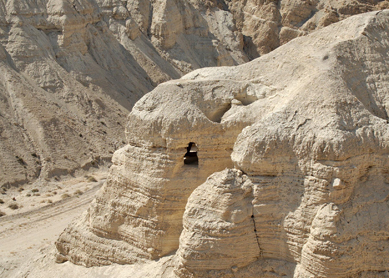The significance of the Dead Sea Scrolls is to… early Judaism is huge. It’s on two levels. First of all, the immediate impact is that it shows us a group of texts written in Hebrew, original manuscripts at the turn of the era. We’ve got nothing else apart from the odd inscription. Most of the other stuff is in Greek or is in secondary sources or Aramaic and so on. So they are direct evidence of what some people thought and did in that period.
And what they were thinking and doing is not what a lot of people thought, either Jews or Christians. They are not Pharisees, they are not Sadducees, they are living in a sect, they believe in Messiahs—well that’s not so odd—but they are clearly a sect, and for that reason, I suppose, you could, and some people did want to, kind of rule them out and say, “These don’t tell us anything very much.”
However, their copies of the biblical books—those twenty-five percent of their manuscripts—show that there’s no fixed biblical text or even canon. We’ve got various copies of the biblical text; of course, some books are missing, like Esther. And we’ve got lots of rewritings of biblical books. We’ve got copies of books in Hebrew and Aramaic that we previously didn’t have in those languages but we knew from other languages and translations. The argument is still going on as to how far these guys are mainstream in terms of being able to define, to some extent, what’s going on in Judaism at the time.
The importance to early Judaism is probably secondary in the sense that it provoked a discussion. It caused people to rethink again, well, what about all the other kinds of curious Judaisms? There are books of Enoch, apocryphal literature, and so on. What has happened is that we now are not comfortable talking about early Judaism in the singular, as if we knew what it was. Early Judaism begins to come together with the rabbinic literature or even then, it’s not fully representative. We can’t talk about a Judaism till after 70 C.E., and so these guys are maybe not mainstream, but then maybe nobody was mainstream. Judaism was still working out what it was, and Christianity was one of the things that it worked out.




